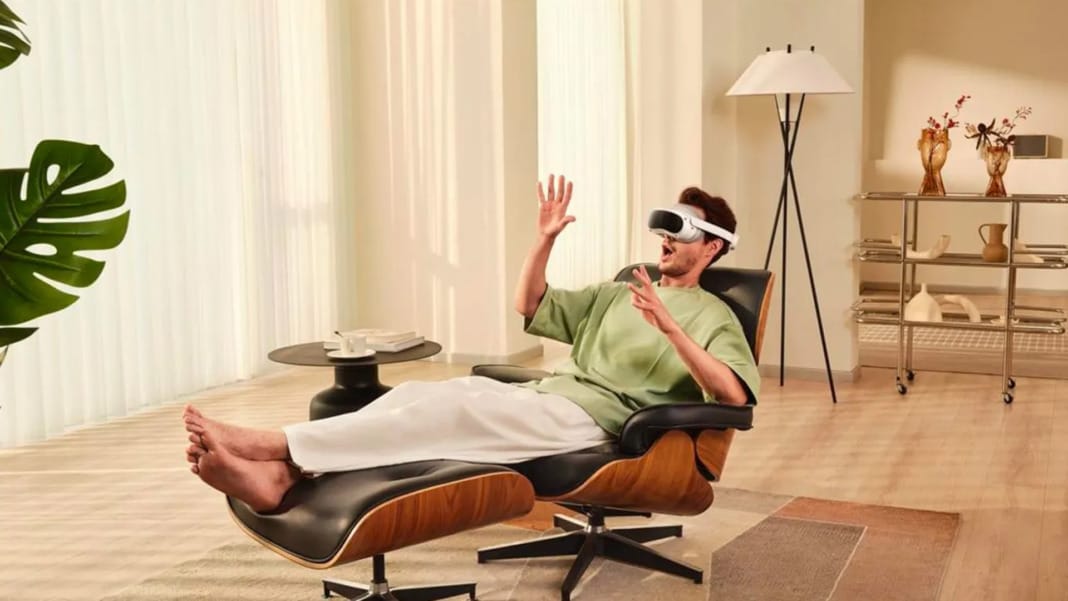ByteDance’s virtual reality (VR) arm, Pico, faced a challenging setback recently. Despite launching a competitive and cost-effective VR headset in China, Pico needed help gaining market traction. This week, the company, owned by TikTok’s parent, announced significant layoffs.
Pico’s restructuring and layoffs
Pico’s journey has been fraught with challenges. After an optimistic start with a lightweight (295 grams) and reasonably priced (US$420) headset, the sales didn’t meet expectations. The company, acquired by ByteDance two years ago, has initiated a significant reorganisation involving laying off hundreds of employees. A source revealed to TechCrunch that these layoffs have reduced Pico’s workforce to under 2,000. This is a drastic change from the modest team of 200-300 employees at the time of ByteDance’s acquisition.
The restructuring indicates Pico’s shift in strategy, aiming to reduce costs and focus on sustainable growth. This move comes after a period of aggressive expansion that didn’t yield the desired results.
Focus on hardware and core technologies
Pico is honing in on its strengths in response to the current challenges. A spokesperson from the company stated that the reorganisation is geared towards a stronger emphasis on hardware and core technologies. This shift is a strategic decision to align the team more closely with the company’s objectives.
Market challenges and strategic adjustments
According to Counterpoint’s research, China’s VR market has seen a significant downturn, with shipments dropping by 56% year-over-year in the first half of 2023. This decline ends a two-year growth streak and highlights the market’s stagnation.
Several factors contribute to this slump. The Chinese economy is currently weakening, leading to reduced consumer spending. The VR market is also developing, requiring more high-quality content to drive widespread adoption.
Pico’s response to these market conditions includes scaling back on marketing investments and focusing on hardware improvement. This approach seems prudent, especially considering the regulatory challenges in the youth gaming sector in China and the complicated U.S. launch.
Looking ahead
Despite the current hurdles, experts remain optimistic about the future of consumer VR in China. However, there might be a better year than 2023 for a significant breakthrough. Pico’s decision to focus on hardware development and maintain a presence in the B2B market while keeping options open for the consumer segment is a strategic move to navigate these challenging times.




